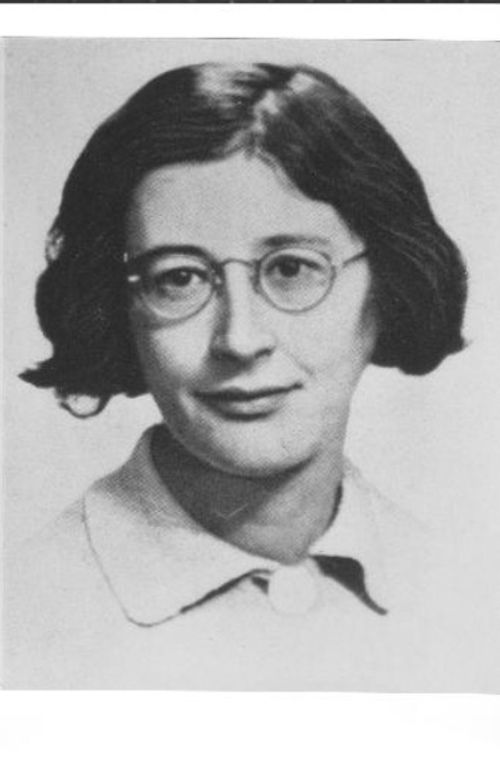The short, puzzling life of Simone Weil
Aug 23, 2022 · 7 mins read
0
Share

The outsider saint
How did a left-wing intellectual become one of the 20th century's better-known mystics? This is the puzzle of Simone Weil's short life.
Save
Share
Born in Paris, her background was middle class, Jewish, and agnostic. She was gifted and sailed through school and university. From 1928 to 1931 she was at the elite Ecole Normale Superiure, coming second in her class. Simone de Beauvoir was third.
Save
Share
Weil loved Stoic philosophy, enjoyed translating Homer and Sophocles, and wrote a commentary on Pythagoras. She read the English metaphysical poets, the Bhagavad-Gita, learned Sanskrit and found inspiration in Francis of Assisi and John of the Cross.
Save
Share
But she was not "spiritual", and despite a love of Gregorian chants simply saw religion as an interesting part of culture. She sought to change the world through intellectual means.
Save
Share
In her 20s Weil taught philosophy in schools, but her passion was the wellbeing of France's workers. She took a leave of absence to work with factory hands at the Renault car plant, and in summers she labored with peasants in the vineyards. She supported the Republicans in Spain.
Save
Share
But Weil was plagued by ill health, and in 1940 moved back in with her parents in Marseilles. There she met a Catholic priest, Father Perrin, who became her friend and mentor for the last years of her life.
Save
Share
Simone Weil's classic Waiting For God (published posthumously in 1951) is a collection of letters to Father Perrin and some essays. It's an excellent introduction to her thinking.
Save
Share
The outsider saint. In the chapter "Spiritual Autobiography", Weil tells of being a moody and insecure teenager in the shadow of her genius brother, the mathematician Andre Weil. She felt excluded from "the kingdom of wisdom and truth".
Save
Share
But Weil had an epiphany when she realized you did not need to be a genius to find truth. On a visit to Catholic churches in Italy, she experienced a kind of spiritual collapse, after which she considered herself a "slave to God."
Save
Share
She now had a vocation, but becoming a nun was not an option. Weil had always distrusted institutions, and she was not about to sign up to the mother of them all, the Catholic Church. What path then, did she feel was open to her?
Save
Share
0